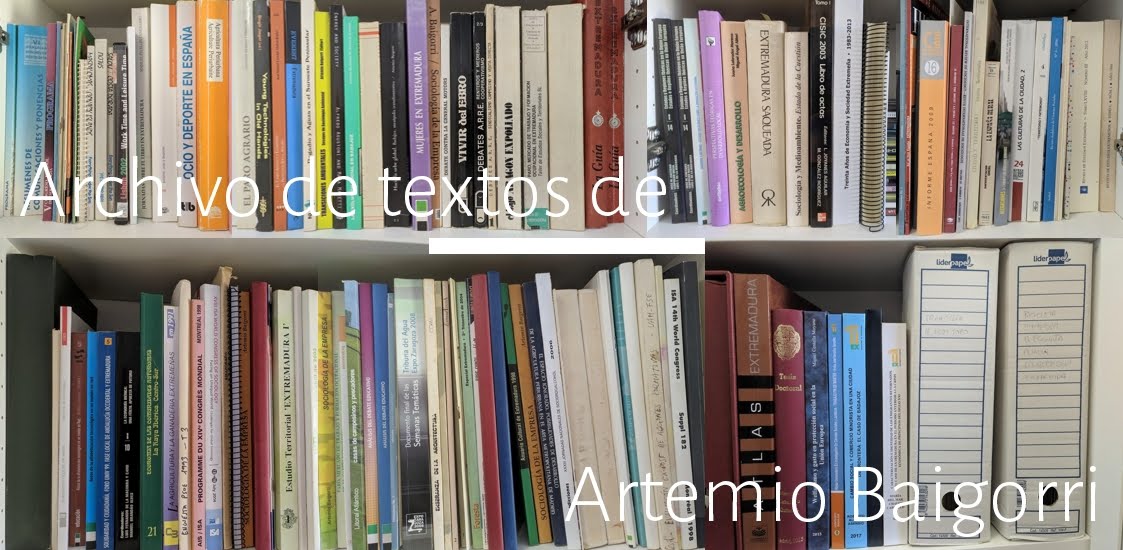Capítulo en este libro.
" Introduction: the nuclear conflict In recent years there has been a revival of the so-called “nuclear debate” in the most advanced countries and in Spain too. In this context the debate may be understood as the conflict of interests, expressed through the mass media, between those who defend the use of nuclear fission as a source of energy and those who oppose its use for both civilian and military purposes. Private and public scientific institutions, public bodies and a host of other actors are involved in the debate, In Spain the debate opened in institutional terms in 2005 when the Ministry of Industry set up a roundtable to debate the nuclear question, a model which in the UK was followed by the Royal Society when it proposed a “scientific debate” in 2007. Opinion pieces for and against have become common both in the financial press (with more frequency) and in the general press in recent years.We use the term “reappearance” because the nuclear debate is in fact very old, in fact it began with the use of nuclear energy forof military purposes (1945) and its later use for civil purposes when the first nuclear reactor designed to produce electrical energy was built in 1951. When the development of this debate is examined three different phases can be identified.The first stage, strongly linked to the military industry, was marked by an almost irrational technological optimism. It saw nuclear energy as a panacea for all of the ills of humanity. This vision collapsed when many scientists, especially former participants in nuclear programs, alerted public opinion to its dangers.The second phase began with the energy crisis of 1973. Nuclear energy, apparently more modern and antiseptic, was presented as an alternative to oil and plans for nulcearization on a massive scale were drawn up. This time the dream was confronted by two separate nightmares, the anti-nuclear movement of the 1970s and the consequences of the Three Mile Island and Chernobyl accidents in the 1980s.The third stage began in what we call the post-Kyoto period. The manufacturers of nuclear power plants and the big utilities, in association with a multitude of associated research groups,1 presented nuclear energy as a rational response to the challenges of global warning. The combined weight of these groups tipped the balance of the debate in favor of nuclear power and ensured that it would be conducted on an unequal basis.In Spain there is a nuclear debate,. but as often occurs with social issues, the explicit and obvious prevents what is latent from being seen. When one examines the numerous opinion polls dealing with the matter, public and private documents, reports, articles, news and the societal magma known as the Internet then the latent can become visible. There is indeed debate but not on the subject that is supposedly being debated. Although participants discuss the merits and demerits of nuclear energy with some demanding its greater use while others emphasize its risks, what is really being decided is whether or not to prolong the service life of the nuclear power stations that currently function in Spain2. As this debate is not explicit, it becomes a dialogue of the deaf. The question is whether we can accept the risks associated with prolonging the service life of these power stations with their woeful record of “incidents”3 which, supposedly, could contribute to the transition to a post-Kyoto energy era. In the case of Spain it must be remembered that that energy sector was created during a period of monopolistic state capitalism and that it is now this sector itself which once more looks to the state to prolong for a decade the “useful” life - that is to say productive in terms of business profit – of the currently functioning nuclear power stations.The analysis of the situation by energy managers is simple and logical; the basic risks involved have already been assumed by all concerned (including those citizens subject to the greatest risk) since the construction of the plants themselves. This also involves assuming the risks and management arising from the hazardous wastes produced by the plants and accepting that the pollution caused by the plants, once they have been shut down, will be at the same level for a quarter of a century. Thus the communities that already put up with the nuclear power plants will be prepared to continue to live with a bit more risk in return for immediate economic benefits.However, in spite of this the majority of the public remains clearly opposed to nuclear energy. This study describes this situation and attempts to critically explore the causes of this opposition, causes which go beyond ignorance, the only argument put forward by some pro-nuclear (Rodríguez and Pérez Díaz, 2006, 2007) sociological studies. From their perspective, unlike the case of countries such as France and the United Kingdom where citizens are supposedly well informed about the nuclear industry and where the majority accept it, the people of Spain oppose it out of ignorance. This is a very simplistic portrait of a much more complex reality."
REFERENCIA:
Baigorri, A., Chaves, M., Caballero, M. (2015): "The Nuclear Debate in Spain: the persistence of rejection", en Agustoni, A., Maretti, M. eds., Energy and Society: Public Opinion, Policies and Sustainable Development, AuthorHouse, Bloomington, IN
Enlace al texto (la paginación no se corresponde con la del libro, que puede leerse completo aquí)

